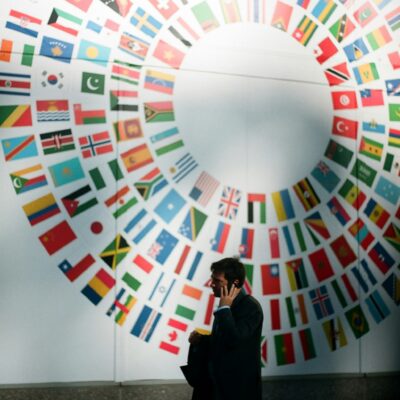 Photo: Kenny Eliason / Unsplash
Photo: Kenny Eliason / Unsplash
This is a summary of a blog post originally posted on the EADI blog, authored by Ian Scoones.
New research published by George DeMartino, Ilene Grabel, and Ian Scoones in a recent paper in World Development highlights the limits of standard economic approaches in a world of uncertainty and advocates for a “recasting of economic thinking and practice.”
“Uncertainties are everywhere, whether emerging through climate change, financial volatility, conflict or war. All too often we don’t know what the future will hold. This presents a big challenge for conventional styles of economic development where predictive models, blueprint plans and standardised policies hold sway.”
After tracing the historical origins of dominant economic thinking which ignores uncertainty, the blog post raises the financial crisis of 2007-08 as a “wake-up call” to shift economic thinking to models that can better account for risks and provide a “more robust and useful economics” for a volatile world. Considering the question of “what would an economics for development look like if uncertainties – where we don’t know the likelihood of future outcomes – are taken seriously?”, the blog post highlights a turn to older perspectives in economics to sketch ways forward for development economic thinking fit for its time.










